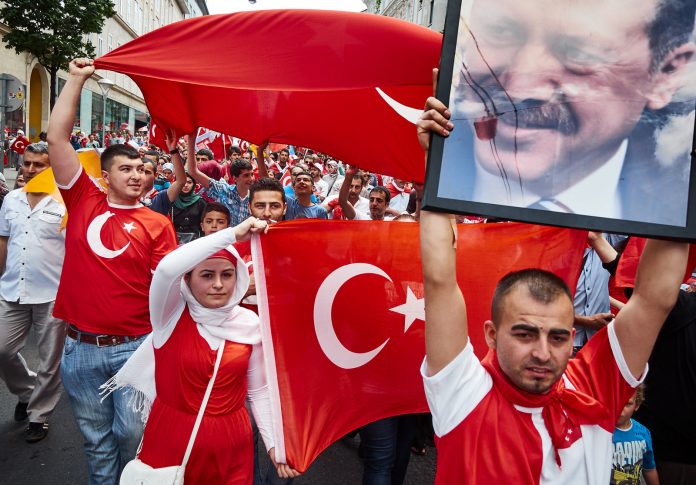Observers from the Organization for Security and Cooperation in Europe (OSCE) concluded on June 25 that opposition parties in Turkey were denied equal conditions for campaigning in the country’s parliamentary and presidency elections held on June 24.
While Turkish President Recep Tayyip Erdogan was celebrating his victory, opposition parties complained over how the campaign was conducted.
The vote was the first held under a new system which gives the president expansive powers.
As reported by Deutsche Welle (DW), Germany’s international broadcaster, OSCE concluded that excessive media coverage and emergency measures tilted the playing field in favour of Erdogan. Also, restrictions on freedom of speech, media freedom and freedom of assembly impacted the vote.
Meanwhile, reactions from around Europe were mixed. For instance, German government spokesman Steffan Seibert said: “We would assume that the working relationship between the two governments… will continue to be constructive and fruitful”.
Sweden’s left-wing foreign minister, Margot Wallstrom, said Erdogan should be given the chance to improve his country’s democracy. Johan Gudenus, from Austria’s far-right Freedom Party, said the expatriate Turks who helped re-elect Erdogan “are clearly better off in Turkey than in Austria”.
In related news, ABC News online noted that Erdogan’s critics, including human rights groups, accuse him of destroying the independence of the courts and media freedoms.
A crackdown launched after a failed 2016 coup has seen 160,000 people including teachers, journalists and judges detained.

